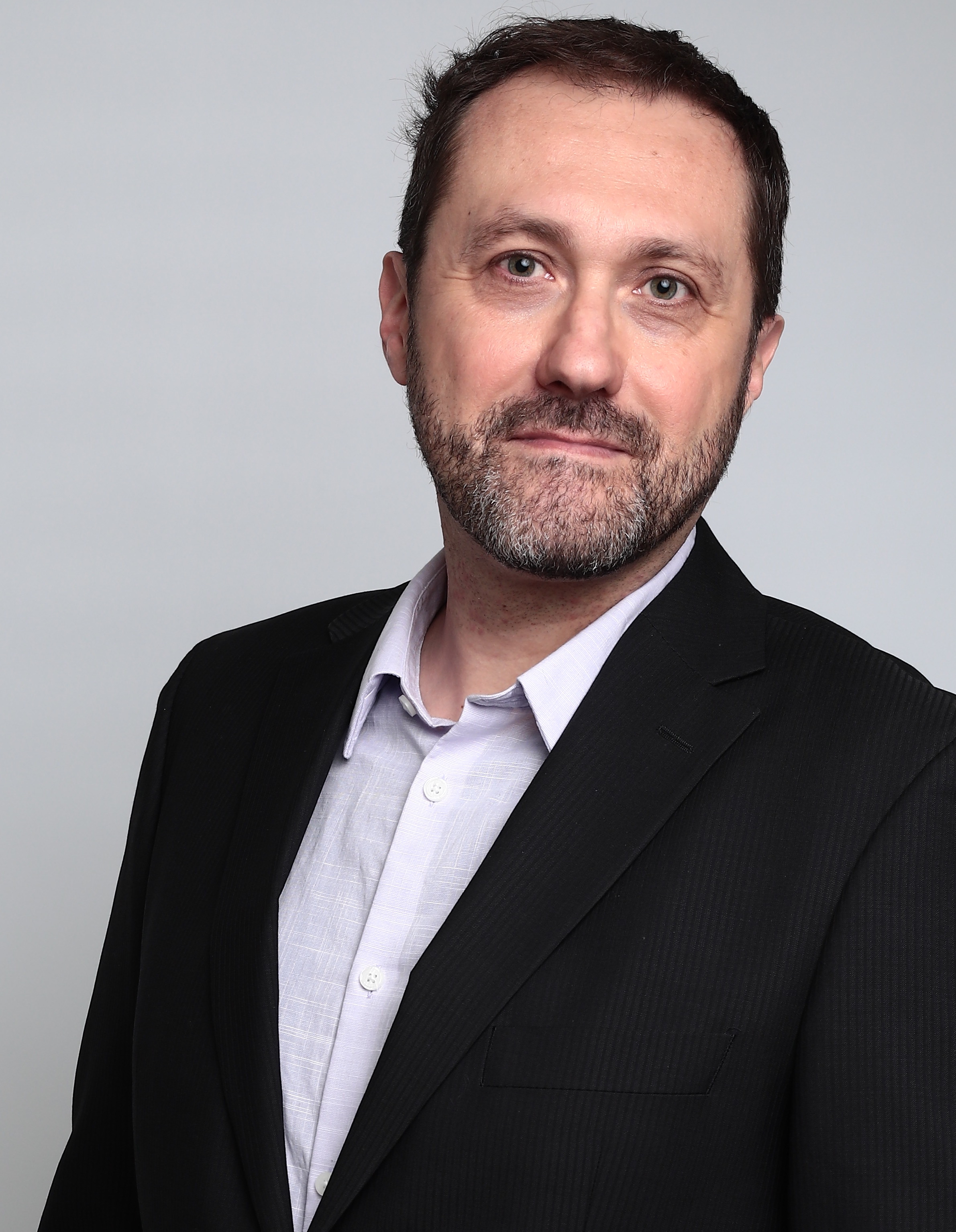
Human amnion epithelial cells and secretome drive the generation of tolerogenic macrophages and cytotoxic NK cells
Fabio Morandi1, Irma Airoldi1, Louise Zeijlon2, Martina Della Lastra1, Johanna Raffetseder 2, Roberto Gramignoli1,3.
1UOSD Laboratory for Cell Therapies, IRCCS Gaslini Institute, Genoa, Italy; 2Division of Inflammation and Infection, Department of Biomedical and Clinical Sciences, Linköping University, Linköping, Sweden; 3Department of Laboratory Medicine, Karolinska Institutet, Stockholm, Sweden
Pregnancy is characterized by major immunomodulatory strategies. We previously reported different immune regulatory properties offered by amnion epithelial cells (AEC), isolated from term human placentae. Once transplanted in immune-competent recipients, AEC engrafted and survived, boosting the innate capacity for regeneration. Previous reports described AEC interaction with adaptive immune cells (B and T) and robust induction towards anti-inflammatory phenotypes, such as regulatory T cells.
Now, we investigate AEC effects on innate immune cells, such as macrophages and NK cells. We measured the inhibition of NK cell proliferation in the presence of intact AEC. However, AEC therapeutic potential is not mediated by intact cells only, but is efficiently supported by AEC secretome (AES). The final number of NK cells was reduced in the presence of AES. The expression of CD57, NKG2C, CD16, and TIGIT was downregulated, whereas the expression of NKG2A, NKp30, NKp46, and NKp44 increased. Similarly, M2 macrophages increased in a dose-dependent manner. However, the vesicular component (AEC-derived EVs) failed to induce M2 polarisation. While soluble mediators, such as M-CSF, were largely responsible for the M2-polarising effect. The proteins and extracellular vesicles (EVs) released by primary human AECs were quantified.
FACS analysis revealed an increment (from 12.9% to 27.8%) in degranulation markers (CD107a) and augmented release of cytotoxic granules when NK cells were exposed to AES. NK cytotoxicity towards K562 cells (26.9%) increased almost 3 times (73.7%) in the presence of AES-activated NK cells.
Our preliminary results suggested that the secretome of AEC may drive the generation of NK cells with decreased proliferative ability and expression of senescence/exhaustion markers (CD57, NKG2C and TIGIT) and increased cytotoxicity receptor expression (NKG2A, NKp30, NKp44, and NKp46). Accordingly, such NK cells are more cytotoxic against leukemia target cells.
Collectively, our findings support the allogeneic transplantation of human AEC and their active role in local immune regulation, particularly in medical conditions where macrophage response needs to be modulated and contained.
Based on these and largely described immunomodulatory effects on adaptive and innate immune cells, allogeneic AEC-based treatments without immunosuppressants are legitimate, as well as novel cyto-therapeutic strategies for inflammatory disorders and auto-immune conditions